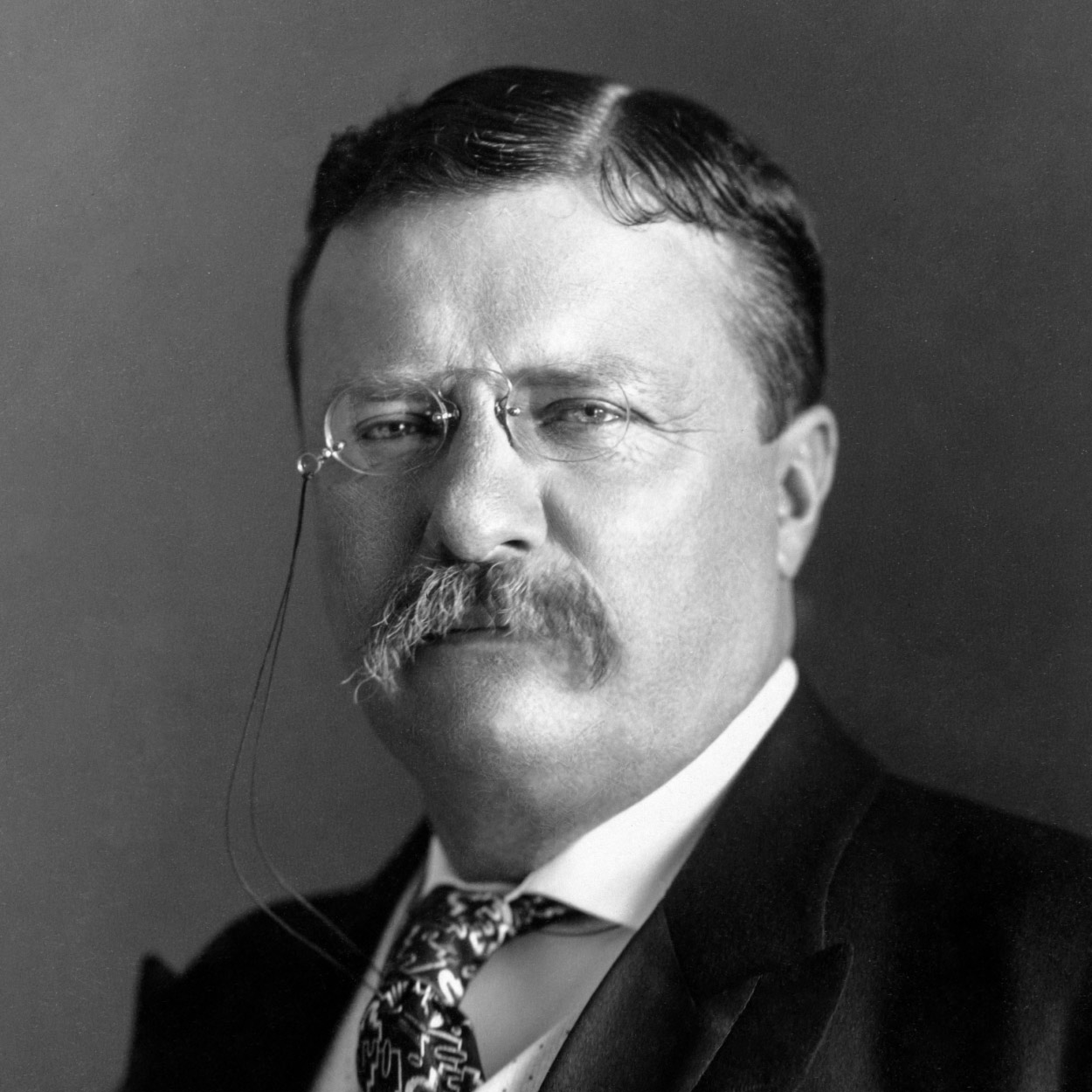Post by Chesapeake on Sept 1, 2011 21:55:17 GMT -5
By an amazing stroke of serendipity, I just spent the evening with the author Bernard Cornwell. Well, I and about 150 others in the Penobscot Bay town of Castine, Maine, which, as it turns out, is the setting for Cornwell's latest novel, The Fort, published last year. I had no idea he would be at that particular place at that particular time when, this morning, my wife suggested we venture out from the place where we've been staying in Camden and check out this little spot she'd seen on the map called Castine, for no other reason than that the name sounded interesting.
As we found out, Castine is a charming little New England town, home of the Maine Marine Academy, and, as it happens, the site of what has been called the biggest disaster in American naval history before Pearl Harbor. In 1779 an American force tried to dislodge a British unit from the place, with terrible results. We'd just finished a walking tour of the town, on which we got bits and pieces of this story, when I noticed a sign in front of the post office announcing the appearance at 7 p.m., at the Universalist Unitarian Church, of the said Mr. Cornwell to talk about his book - which obviously I haven't read.
Cornwell gave a very entertaining discourse on the events, and how he became interested enough to write about them. He is a vigorous man in his latter 60s, and tonight was dressed casually in slacks, an open-collar white shirt and dark blazer. He had a nice tan - he'd spent the day on a boat revisiting the waterside sites of the battle. He threw in references to other periods of history about which he's written, including the age of Arthur, and the battle of Agincourt. All of which he delivered with wit and dramatic flair, in one of those aristocratic accents that used to be heard on the BBC (where he once worked).
Of course, I bought a copy of the book, and he signed it for me. I did have time to mention that I was writing a novel set in colonial North Carolina during the French and Indian War, and that I hoped he didn't have his eyes set on that period for his next effort. He assured me he did not.
Whew.
As we found out, Castine is a charming little New England town, home of the Maine Marine Academy, and, as it happens, the site of what has been called the biggest disaster in American naval history before Pearl Harbor. In 1779 an American force tried to dislodge a British unit from the place, with terrible results. We'd just finished a walking tour of the town, on which we got bits and pieces of this story, when I noticed a sign in front of the post office announcing the appearance at 7 p.m., at the Universalist Unitarian Church, of the said Mr. Cornwell to talk about his book - which obviously I haven't read.
Cornwell gave a very entertaining discourse on the events, and how he became interested enough to write about them. He is a vigorous man in his latter 60s, and tonight was dressed casually in slacks, an open-collar white shirt and dark blazer. He had a nice tan - he'd spent the day on a boat revisiting the waterside sites of the battle. He threw in references to other periods of history about which he's written, including the age of Arthur, and the battle of Agincourt. All of which he delivered with wit and dramatic flair, in one of those aristocratic accents that used to be heard on the BBC (where he once worked).
Of course, I bought a copy of the book, and he signed it for me. I did have time to mention that I was writing a novel set in colonial North Carolina during the French and Indian War, and that I hoped he didn't have his eyes set on that period for his next effort. He assured me he did not.
Whew.




